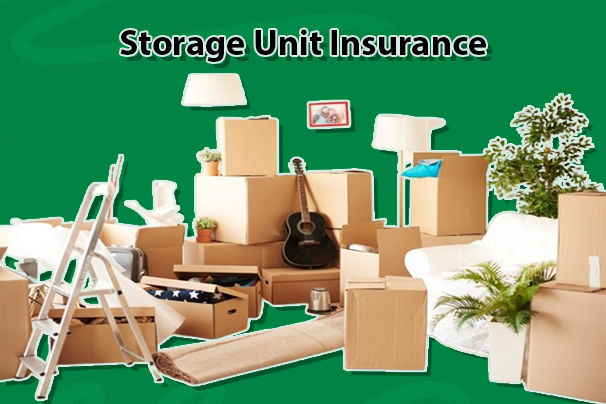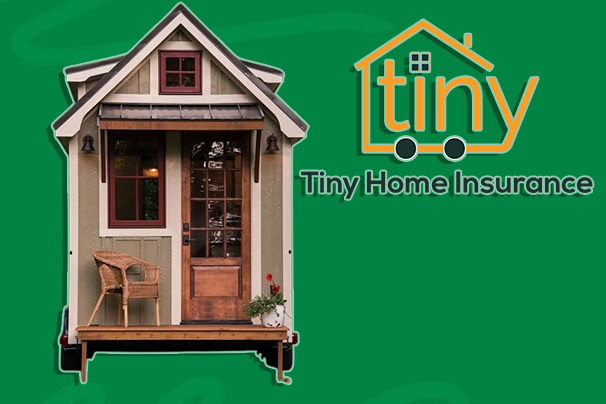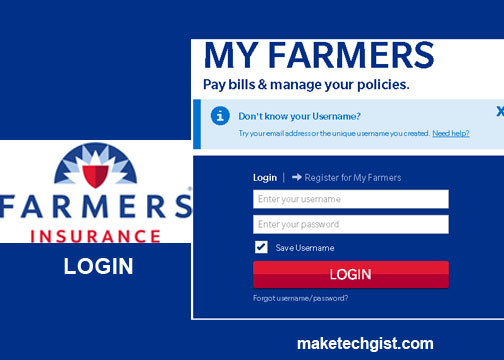Storage unit insurance is a natural extension of a homeowner’s storage unit policy, providing coverage for any additional items stored in the unit. Your possessions will typically require extra security if you plan to leave them in a storage unit for an extended period. That is the purpose of this specialized storage cover. Additionally, you can feel secure knowing that the contents of your storage unit are always protected due to storage coverage.

Typically, it offers protection against a variety of risks including theft, fire, and more. It also offers instantaneous certificates of insurance. Moreover, most storage facilities also require self-storage insurance. In addition, a lot of storage companies provide insurance, which some people consider to be a simple solution. However, storage insurance policies are usually far more costly.
What is Storage Unit Insurance
Storage unit insurance offers financial protection against issues like weather, theft, and vandalism for your personal belongings kept in a storage unit. In addition, you will be covered to some extent by your homeowners, renters, or business insurance policy.
However, it is probably not enough for off-premises insurance for items that are kept off-site. Furthermore, you might have a chance to get coverage but homeowners insurance may set a 10% cap on the amount of coverage for items off-premises.
How Storage Unit Insurance Works
The majority of storage companies demand that patrons obtain insurance for their belongings. If you lack sufficient coverage for a storage unit, the facility may offer a policy or refer you to a third-party insurer. However, before signing any agreement, ensure your homeowners or renters insurance policy covers off-site storage and compares the facility’s policy terms and prices with other insurance providers.
When a covered event occurs, certain storage unit policies reimburse you according to the unit’s square footage. Instead of paying for a replacement, the refund typically only covers the broken items’ actual cash value. Furthermore, your compensation will probably vary depending on whether the loss or damage is covered by the policy or not, just like with any other policy.
Factors to Consider Before Purchasing Storage Unit Insurance
Before making a choice, there are a lot of things to consider and risks that you should be aware of. The following items are something you should think about:
- What kind of coverage do you require?
- Which type of insurance—liability or comprehensive property damage protection—do you prefer?
- Which risks—natural disasters, fires, floods, water damage, accidents, are present in my facilities?
- What specific type of facility is my storage facility?
- What kinds of things are kept in storage at my facility?
What Does Storage Unit Insurance Cover
Perils are issues that can be covered by insurance. In most cases, damage or loss must be the consequence of an issue specified in your policy for you to be compensated for the incident. Common issues covered by a current policy, like house insurance, consist of:
- Fire
- Brightening
- Air
- Theft
- Vandalism
- Falling items
- The mass of snow or ice
What Does Storage Unit Insurance Not Cover
Common exclusions when goods in a storage unit are covered by an existing policy you have, like house insurance, include:
- Water damage, including backups
- Tremors, sinkholes, mudslides, and earthquakes
- Both mildew and mold
- Outage of power
- Disregard Willful loss
- Rats and insects
- Inadequate upkeep and maintenance
- Deterioration
Remember that a separate storage unit policy may address some of the issues mentioned above. Similar exclusions, like those that do not cover jewelry or furs, might also apply to a different policy. Moreover, check your insurance certificate to find out what matters are not covered by your policy.
How Much Does Storage Unit Insurance Cost
The cost of storage unit insurance varies depending on where you choose to buy it and the limits of your policy. However, if you choose a policy with larger restrictions or more named perils, you should generally anticipate paying a higher premium.
Buying a separate storage unit insurance policy could occasionally be less expensive than raising the personal property coverage limit on your house or rental property. Depending on your provider, storage unit insurance can range from $8 to $38 a month for $10,000 of coverage.
Furthermore, despite being low unlike typical renters’ or homeowners’ policies, you don’t need to insure all your own possessions. Only the stuff that is being stored needs to be protected.
How to Buy Storage Unit Insurance
You can buy storage unit insurance directly from the storage unit company or a third-party provider for additional coverage for non-homeowner or renter’s policies. Additionally, you must determine the total value of all the items you own that will be placed in storage for either case.
Moreover, sales receipts will come in handy in this situation to demonstrate how much you paid for your purchases. Estimating items’ current market value is crucial, but it’s unsatisfactory if damage or theft results in a lower value than the original purchase price.





